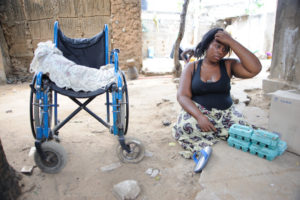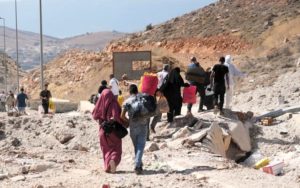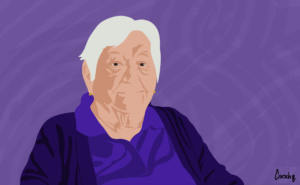The political, human rights and humanitarian emergency in Myanmar continues to escalate. The military junta that attempted to seize power in February 2021 is encountering growing resistance from a wide array of opposition groups, and has failed to secure control over much of the country’s territory. In an increasingly desperate effort to assert its failing authority, the army has resorted to the brutal tactics that it has always used to control and intimidate the civilian population: the burning of villages, forced displacements, arbitrary detention and targeted assassinations.
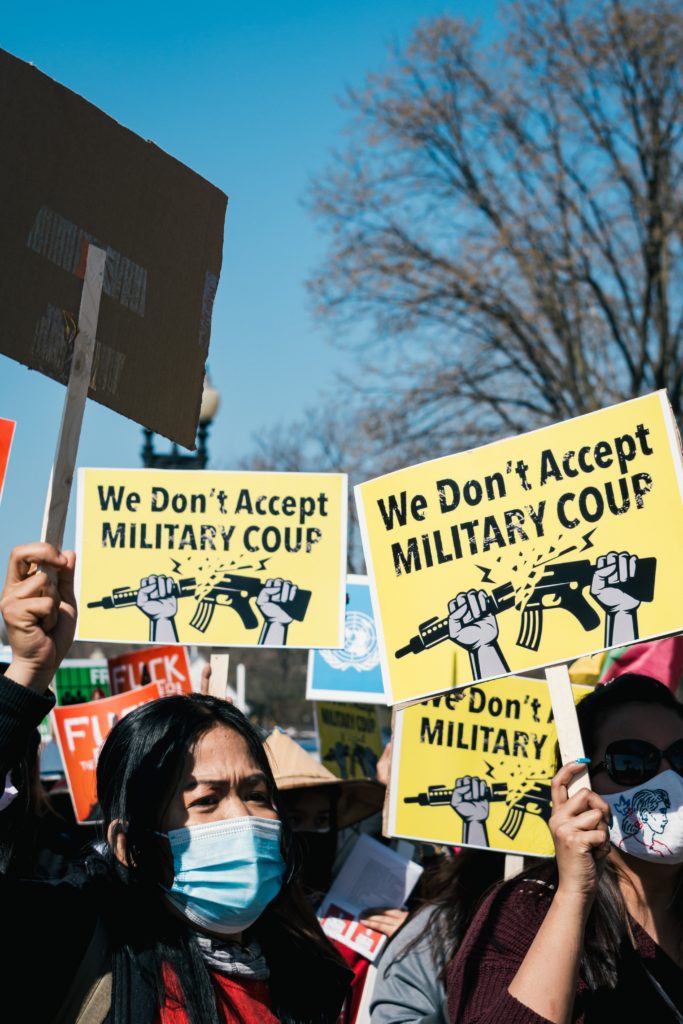
In May this year, Myanmar was struck by Cyclone Mocha, one of the strongest storms to make landfall in the region over the past 25 years. The disaster had a devastating effect in many parts of the country, especially those locations where large numbers of displaced people from the Rohingya Muslim minority have been confined to internment camps. True to form, instead of facilitating the delivery and distribution of assistance to affected populations, the military has obstructed the aid effort, using it instead to reward the junta’s supporters and to punish its opponents.
Meanwhile, in Bangladesh, conditions for the one million Rohingya refugees who have sought safety in the country are becoming increasingly precarious. The refugees are accommodated in massive camps, where they are deprived of freedom of movement, as well as access to livelihoods and educational opportunities.
The rations provided by the World Food Programme are being cut as a result of funding shortfalls, a development that will inevitably add to the high level of insecurity that already characterizes the camps. The government of Bangladesh, with the support of China, continues to push for the early return of the refugees to Myanmar, despite the unwillingness of the Rohingya to return home until their safety can be guaranteed in that country.
At the political and diplomatic level, little if any progress has been made in addressing the Myanmar crisis. The regional organization ASEAN (Association of South-East Asian Nations), was founded on the basis of non-interference in the domestic affairs of its members, and is divided on the role that the body could and should play in relation to the armed conflict and humanitarian emergency in Myanmar.
The western powers remain preoccupied with Ukraine. enabling China, Russia and India to establish closer relations with the junta. While the UN Security Council has issued a statement calling for an immediate end to all forms of violence in Myanmar, those three influential countries notably abstained from the vote that allowed the statement to proceed.
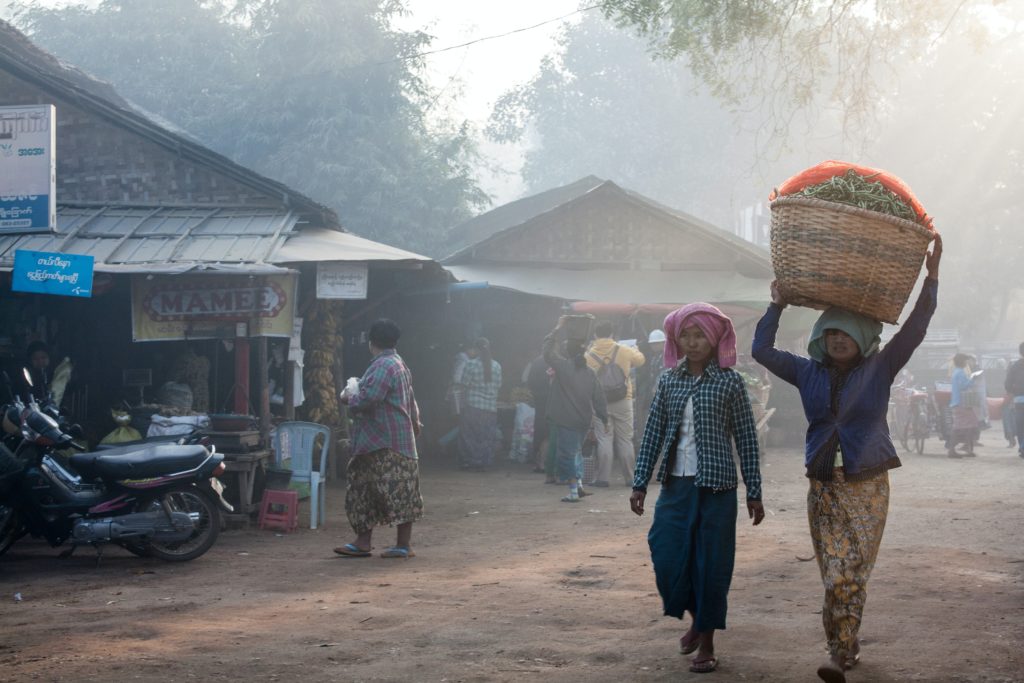
Given the limited scope for an effective international response to the political, military and human rights crisis in Myanmar, the UN has in recent weeks focused on the humanitarian dimensions of the emergency. Thus in August 2023, UN relief chief Martin Griffiths undertook a three-day visit to the country, during which he visited an area affected by the cyclone and shook hands with army chief General Min Aung Hlaing in an encounter that was heavily and predictably publicized by Myanmar’s military-controlled media.
In a subsequent public statement, Griffiths observed that “my meetings were an opportunity to raise the need for expanded access.” “I also,” he said, “expressed my concerns about the protection risks facing civilians in conflict areas and the bureaucratic constraints we humanitarians are facing in reaching them.”
A few days later, no fewer than 514 civil society organizations issued a joint statement, observing that the high-level UN visit “lacked substantive achievements and was used as propaganda by the military junta.” “We are alarmed,” it went on to say, that the Griffiths statement “omits the fact that the cause of the escalating humanitarian crisis is the junta’s violence and atrocities, or that it is the junta’s weaponization of humanitarian assistance that is blocking access to Cyclone Mocha’s victims.”
Are there any grounds for optimism with respect to the crisis in Myanmar? Probably not. The junta seems determined to pursue its murderous strategy, irrespective of its impact on the country’s civilians. Popular resistance to the military has been impressive in scale and tenacity, but opposition movements will struggle to gain control of the country as a whole. Neither ASEAN nor the UN appear to be in a position to break the current deadlock. And even if the junta can be persuaded to lift some of the restrictions that it has placed on the humanitarian operation (and the indications in that respect are not particularly good) the people of Myanmar can be expected to experience further turmoil and mounting levels of inhumanity.
Dr. Jeff Crisp was previously Head of Evaluation and Policy Development at UNHCR and now volunteers for United Against Inhumanity.
The content is the author’s responsibility alone and does not necessarily reflect the views of United Against Inhumanity or any of its other members.
